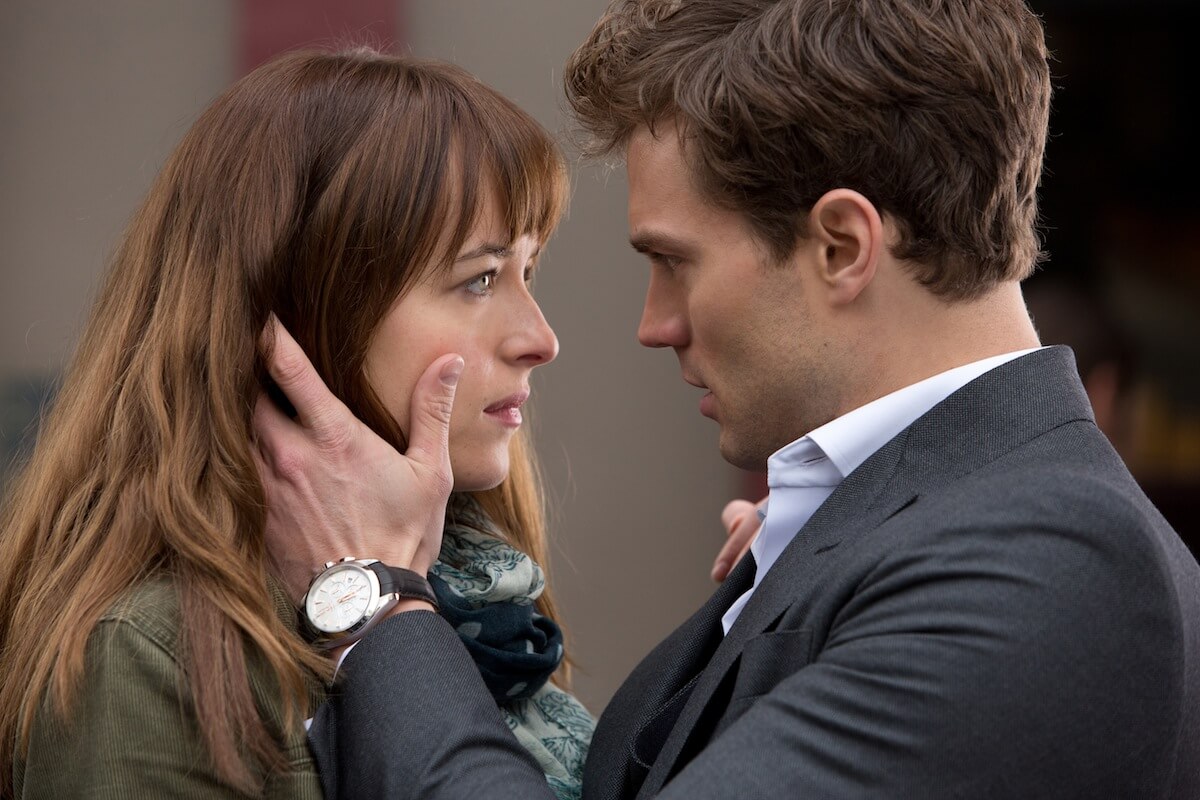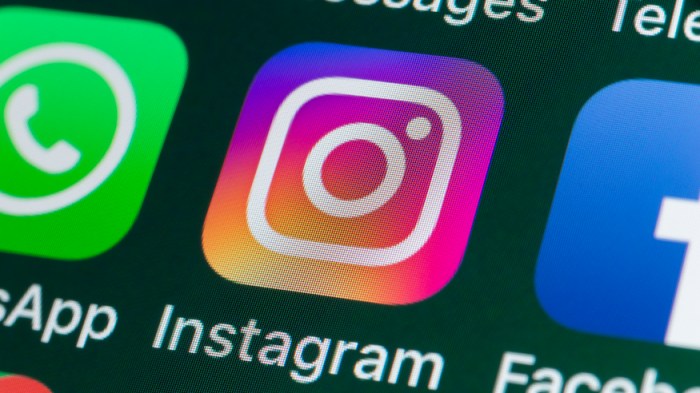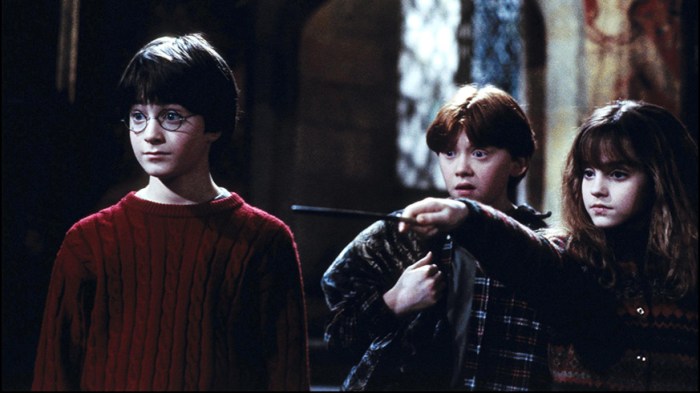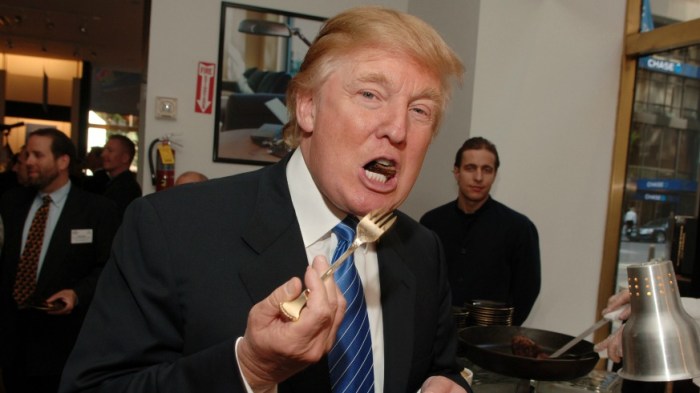The hype around “Fifty Shades of Grey” is reaching fever pitch before its Valentine’s Day release, but a social media campaign is working to cool the hype. #50DollarsNot50Shades is asking people to donate $50 to a domestic violence shelter rather than going to see the movie. “The money you would have spent on movie tickets and a babysitter or movie tickets, popcorn and drinks will go towards serving victims of abusive relationships like the one glamorized in the ‘Fifty Shades’ series,” the campaign’s Facebook page reads. The hashtag’s creator, Gail Dines, an anti-pornography activist and professor of women’s studies at Wheelock College in Boston, tells us that the book trilogy and movie are distorting what romance should be. “This film uses ideas and messages from porn that glorify and eroticize violence against women,” she says. “In porn, women exist for men’s use and abuse, and are always willing partners who end up enjoying whatever abuse men dole out. This is the lie of porn and the lie of ‘Fifty Shades.’” She sums up the story as “a naive, vulnerable, immature woman” trying to change “a sexual sadist by showering him with love.” But this scenario has played out in the real world over and over again with devastating consequences. “There are battered women’s shelters and graveyards of full of women who thought this. Women and girls need to know that should they meet a real Christian Grey, the end of that story will be them running for their lives, not living happily ever after.” She points out that about 30 percent of women who have been in a relationship say they’ve experienced some form of physical or sexual violence by their partner; globally, as many as 38 percent of murders of women are committed by an intimate partner. Popular culture shapes our real-world experiences, Dines emphasizes, and movies, magazines, the Internet and advertising are all part of it. It’s not about the sex – “if people want to explore their sexuality, that is their business” – but her issue is the imbalance of power between Grey and Anastasia Steele, who “acts like a schoolgirl ripe for his predatory behaviors.”
Anti-‘Fifty Shades’ campaign says it ‘rebrands violence as romance’



















